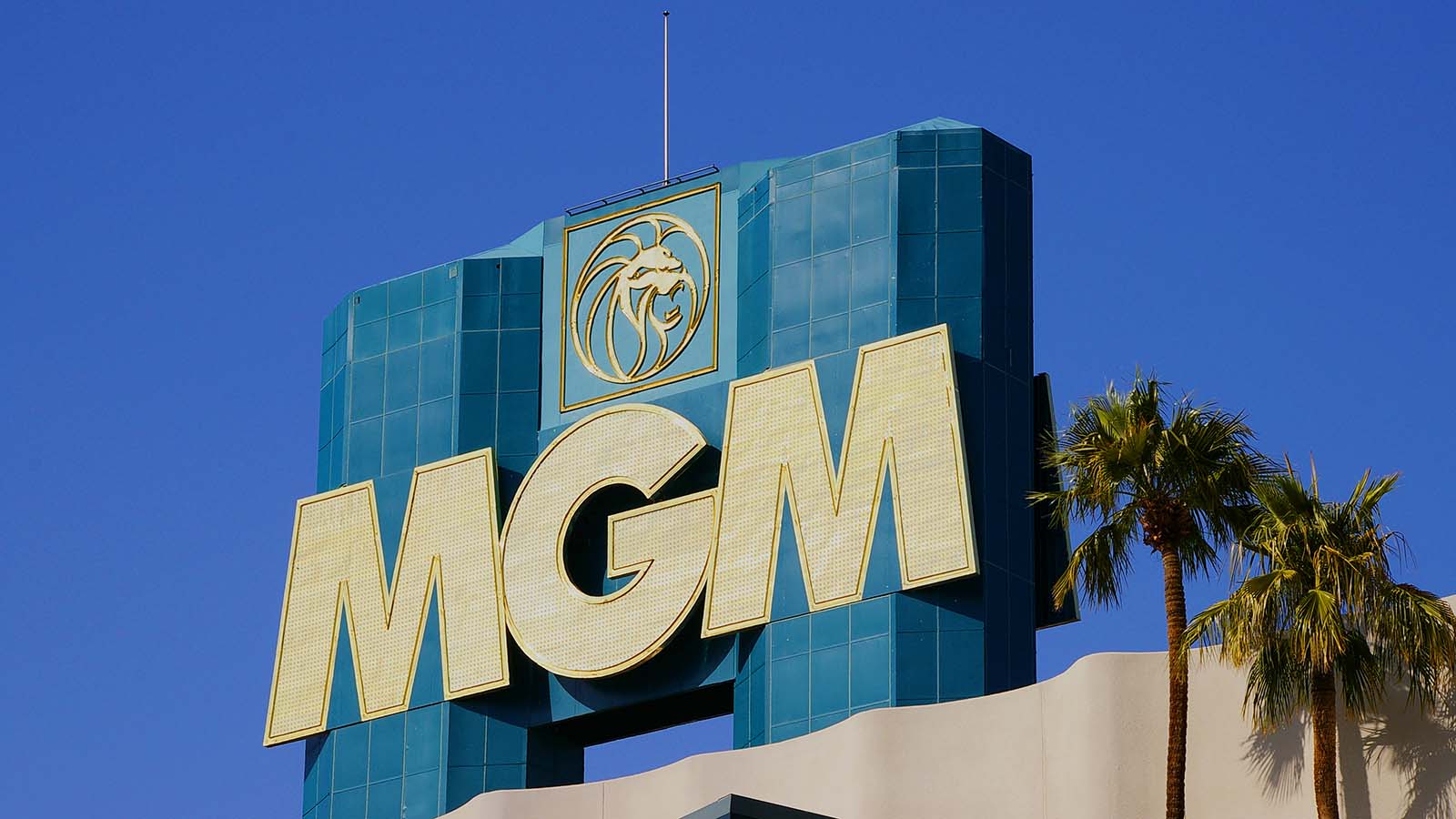Like its gaming brethren, MGM Resorts (NYSE:MGM) is suffering due to the novel coronavirus pandemic this year. While MGM stock has nearly doubled off its March lows, it’s going to take a while, probably years, for it to get back to its previous levels.
Actually, the MGM recovery could take a bit longer than those of some of its rivals. The company and its shares are often mentioned alongside the likes of Wynn Resorts (NASDAQ:WYNN) and Las Vegas Sands (NYSE:LVS). However, the comparisons aren’t as germane as meets the eye.
For starters, Sands and Wynn own two Sin City properties apiece. While Las Vegas is the gaming hub of the U.S., as odd it may sound, it’s not all that important to the top and bottom lines of Las Vegas Sands and Wynn. In any given quarter, those companies are generating two-thirds to approximately 80% of their revenue in Macau.
Yes, MGM has two integrated resorts in Macau, but it operates 10 in Las Vegas. Read enough sell-side analyst reports these days and you’ll come away realizing one thing: the consensus order of Covid-19 rebound in the gaming industry is Macau, then domestic regional properties and then Sin City.
To be fair, MGM operates about a half dozen casinos that can be considered regional assets and it’s not solely dependent on Vegas to drive performance.
Cash Matters, and MGM Has It
With domestic casino operators into two months of a zero revenue environment, balance sheet strength is priority No. 1 among analysts and investors. Through a series of Strip asset sales late last year and early this year, drawing on credit revolvers and a note offering, MGM had $4.6 billion in cash on its balance sheet at the end of March.
That’s one of the strongest cash positions in company history and among the industry’s best today. Plus, MGM cut its dividend to token status of just 1 cent per year to conserve cash. Additionally, the Mirage operator has other levers it can pull if it needs more cash, including selling $1.4 billion of units in MGM Growth Properties (NYSE:MGP), its landlord.
MGM’s capital strength is the good news. The trouble is the length of the recovery. Management already acknowledged that when it gets the go ahead to reopen in Las Vegas, it will do so with just two venues – Bellagio and New York-New York.
The other issue with Vegas – one that largely explains analysts favoring regional operators – is that the city is heavily dependent on convention business and gamblers flying there from other regions. With the economy still fragile, both of those catalysts aren’t imminently rebounding.
Even for those that want to be optimistic and highlight Las Vegas’s proximity to Southern California, saying that many Sin City visitors from that area drive to the gaming hub, don’t do be so sure because the Golden State’s unemployment rate is approaching 20%.
Said differently, there’s a reason airlines, cruise operators and gaming companies are so frequently mentioned in the same breath these days: because it’s going to take several years for those industries to look like their 2019 selves again and that’s true of MGM.
The Bottom Line for MGM Stock
I recently read an article where the author suggests MGM stock could eventually be worth $29 a share – more than double its price at this writing. A lot of that revolves around the value of each room on the Strip and the costs a rival would face in building a comparable venue there.
The analysis is well-structured and could eventually prove accurate. However, an investor entering MGM for a “double” is going to be waiting a while and at the moment, there’s essentially no dividend buffer and not yet enough Macau revenue to drive significant near-term upside.
For patient investors, MGM could prove to be worth the wait. Those craving more near-term appreciation in the gaming space ought to look elsewhere.
Todd Shriber has been an InvestorPlace contributor since 2014. As of this writing, he did not hold a position in any of the aforementioned securities.

